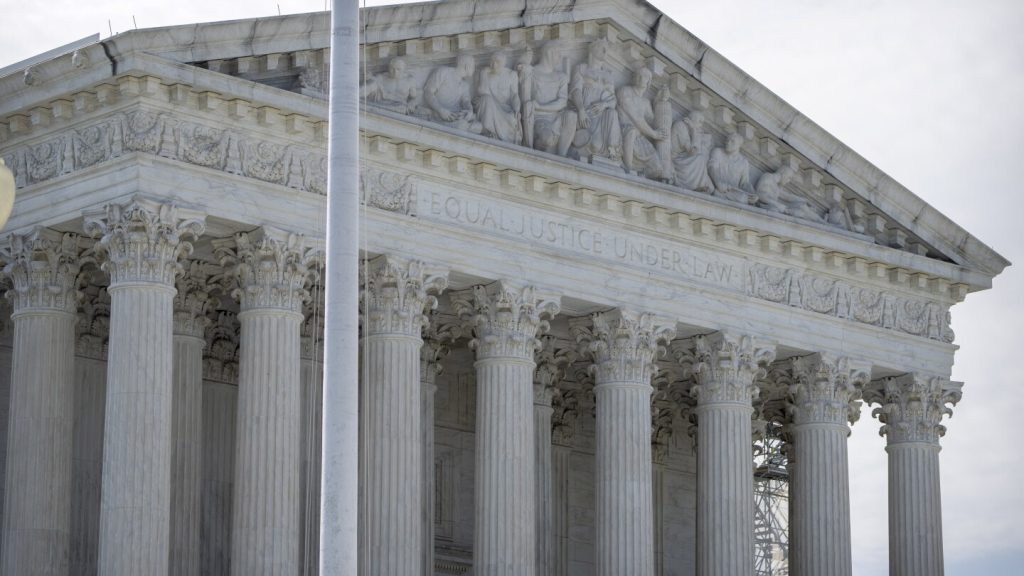The Supreme Court’s conservative majority upheld Virginia’s purge of voter registrations, which the state says is aimed at preventing non-U.S. citizens from voting. One Virginian, whose registration was canceled despite living in the state her whole life, criticized the purge as a “very bad October surprise.” The high court granted an emergency appeal from Virginia’s Republican administration led by Gov. Glenn Youngkin, without providing a rationale for its decision. This action came after a federal judge found that the state illegally purged over 1,600 voter registrations in the past two months, with a federal appeals court previously allowing the judge’s order to remain in effect.
The issue of immigrants voting illegally has been a key part of political messaging this year, with former President Donald Trump and other Republicans emphasizing this despite such voting being rare in American elections. Trump criticized the earlier ruling and emphasized that only U.S. citizens should be allowed to vote. While Youngkin assured that voters improperly removed from the rolls can still vote due to same-day registration in Virginia, the campaign of Democratic nominee Vice President Kamala Harris reiterated that every eligible voter has the right to cast their ballot, and voting by noncitizens remains illegal under federal law.
One Virginian, Rina Shaw, 22, expressed her frustration after her voter registration was mistakenly removed due to possibly forgetting to check a citizenship box on a form at the DMV. Shaw, who planned to cast her ballot during early voting, believes the error should have been rectified before the election, and she found it troubling nonetheless. The Justice Department and a coalition of private groups had sued the state, arguing that election officials were violating federal law by removing names from voter rolls based on an executive order issued by Youngkin in August.
The National Voter Registration Act requires a 90-day “quiet period” before elections for the maintenance of voter rolls to prevent legitimate voters from being removed erroneously. Youngkin’s order on Aug. 7, the 90th day before the Nov. 5 election, mandated daily checks of DMV data against voter rolls to identify non-U.S. citizens. A lawsuit brought by groups like Protect Democracy argued that U.S. citizens were being erroneously removed, citing examples like Nadra Wilson, a citizen from Virginia who got caught in the purge. The federal judge ruled that officials could remove names on an individual basis, but not through a systematic purge, and required the state to restore registrations and notify affected voters.
The lawsuit in Virginia echoes a similar case in Alabama, where a federal judge ordered the restoration of eligibility for over 3,200 voters deemed ineligible noncitizens. Testimony in the Alabama case revealed that around 2,000 of the voters made inactive were actually legally registered citizens. The state of Virginia allows same-day registration since 2022, enabling people to register and submit a provisional ballot after the registration deadline has passed. With nearly 6 million registered voters in Virginia, the issue of purging voter rolls and ensuring the rights of eligible citizens to vote remains a contentious and ongoing debate. The outcome of these legal battles will have implications for future elections and the protection of voting rights in the United States.















